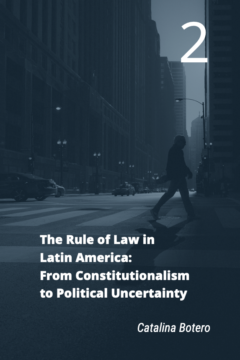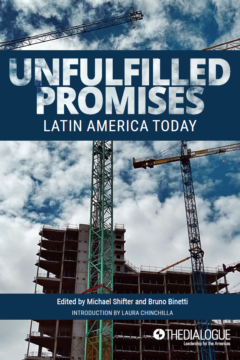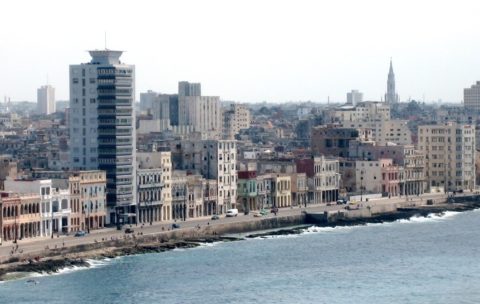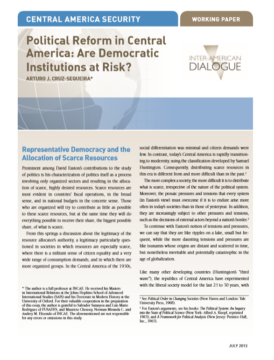 Video
Video
Análisis sobre las repercusiones para Daniel Ortega del Informe de la OEA acerca de Nicaragua
El informe de la OEA, su alcance y sus posibles repercusiones para el gobierno de Daniel Ortega.
El informe de la OEA, su alcance y sus posibles repercusiones para el gobierno de Daniel Ortega.
On March 5, the Inter-American Dialogue presented its new book titled Unfulfilled Promises: Latin America Today. Ambassador Shannon and president Chinchilla praised the book for constructing a narrative about the highly diverse region, highlighting its main idiosyncrasies and analyzing where it might be headed in coming years.
In this chapter of ‘Unfulfilled Promises: Latin America Today’, Catalina Botero analyzes the contrast between the aspirations contained in Latin American constitutions and the present democratic backlash in some countries.
Latin America finds itself at a moment of enormous challenge. The region’s ability to preserve its conquests and overcome its faults and limitations will be put to a severe test. But there are clear signs indicating the path we need to take, and there are proven recommendations we can follow. We hold the key to unraveling over 500 years of unfulfilled promises.
The volume takes a broad view of recent social, political, and economic developments in Latin America. It contains six essays, focused on salient and cross-cutting themes, that try to construct a thread or narrative about the highly diverse region, highlighting its main idiosyncrasies and analyzing where it might be headed in coming years.
A report on freedom of expression in the Americas and Europe’s ‘right to be forgotten’.
On November 4th, the Dialogue co-hosted an event with the Washington Office on Latin America (WOLA) to discuss the latest political developments in Cuba with guest Rafael Hernández, editor of the Cuban periodical Temas, on a variety of economic and political developments occurring in Cuba.
In this working paper, Arturo J. Cruz-Sequeira, offers a fresh and original assessment of the state of democratic governance in five Central American nations: Nicaragua, Costa Rica, Honduras, El Salvador, and Guatemala. Using economic and political data, Cruz shows how the interplay between each country’s civil society, political society, and government shapes its democratic development in the context of intensified citizen demands coupled with diminished US assistance.
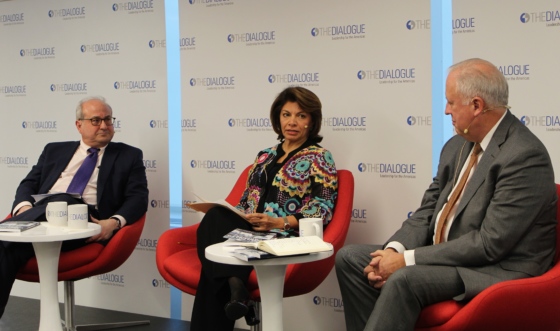 Video
Video
